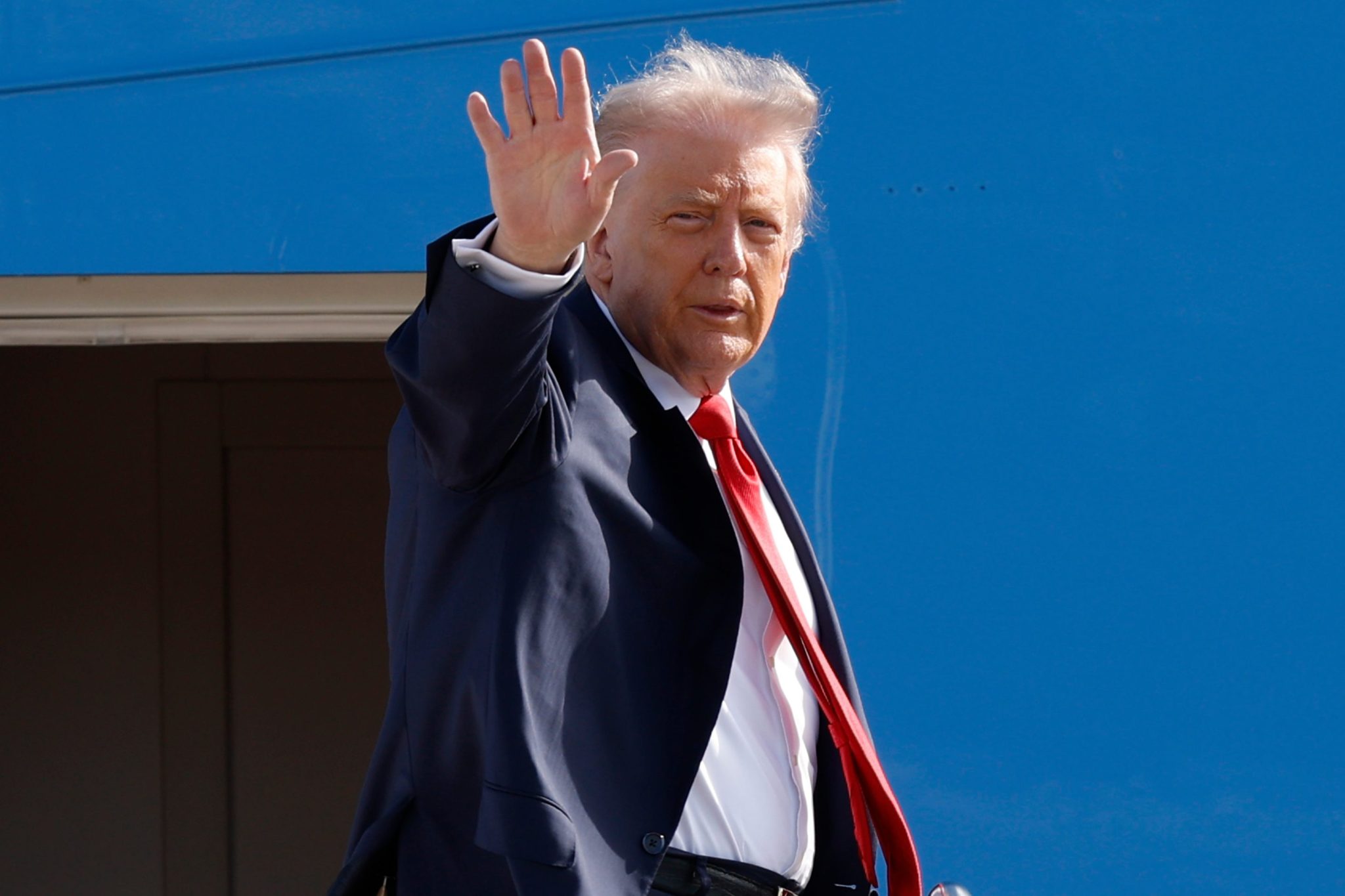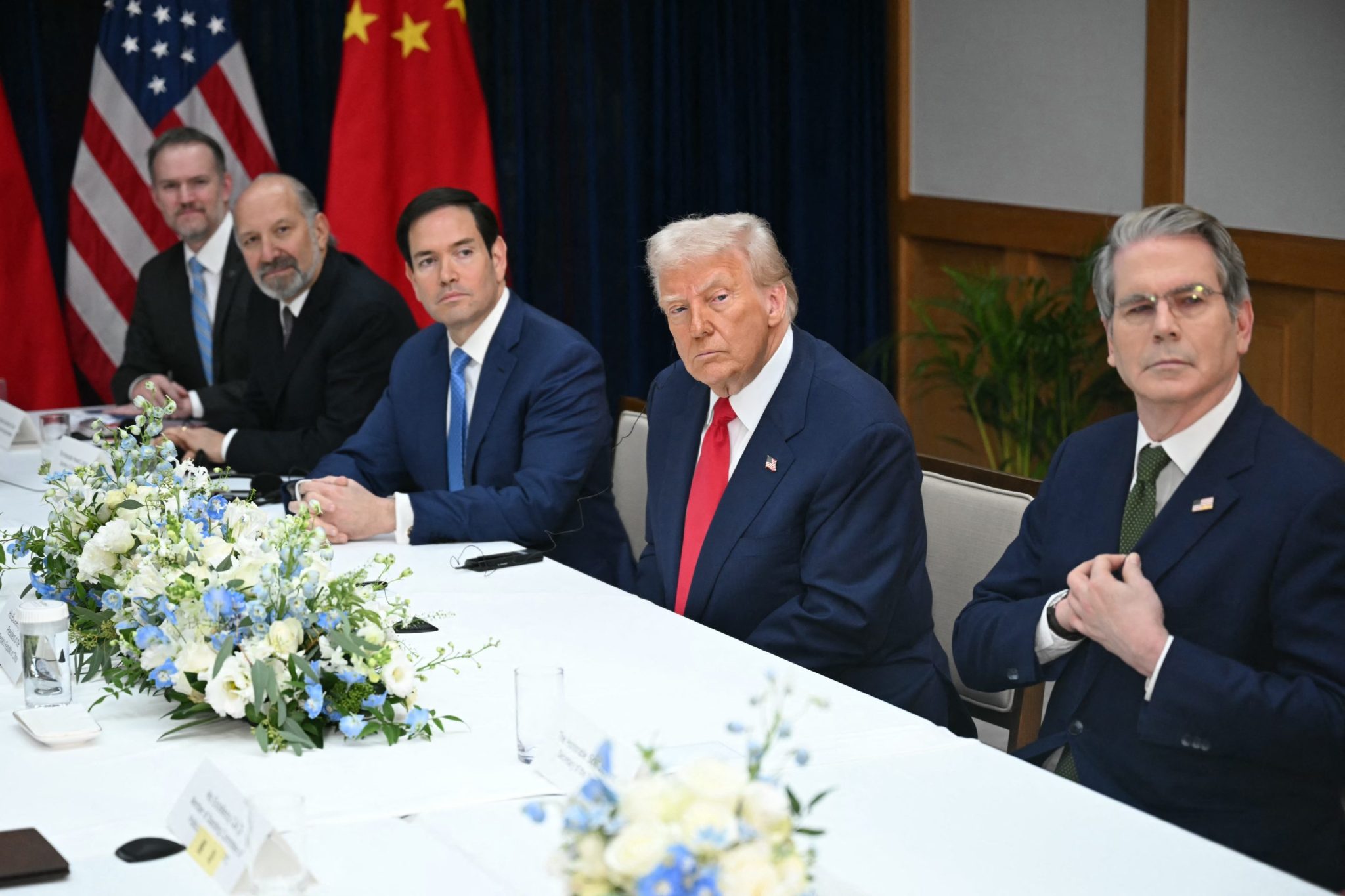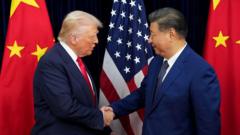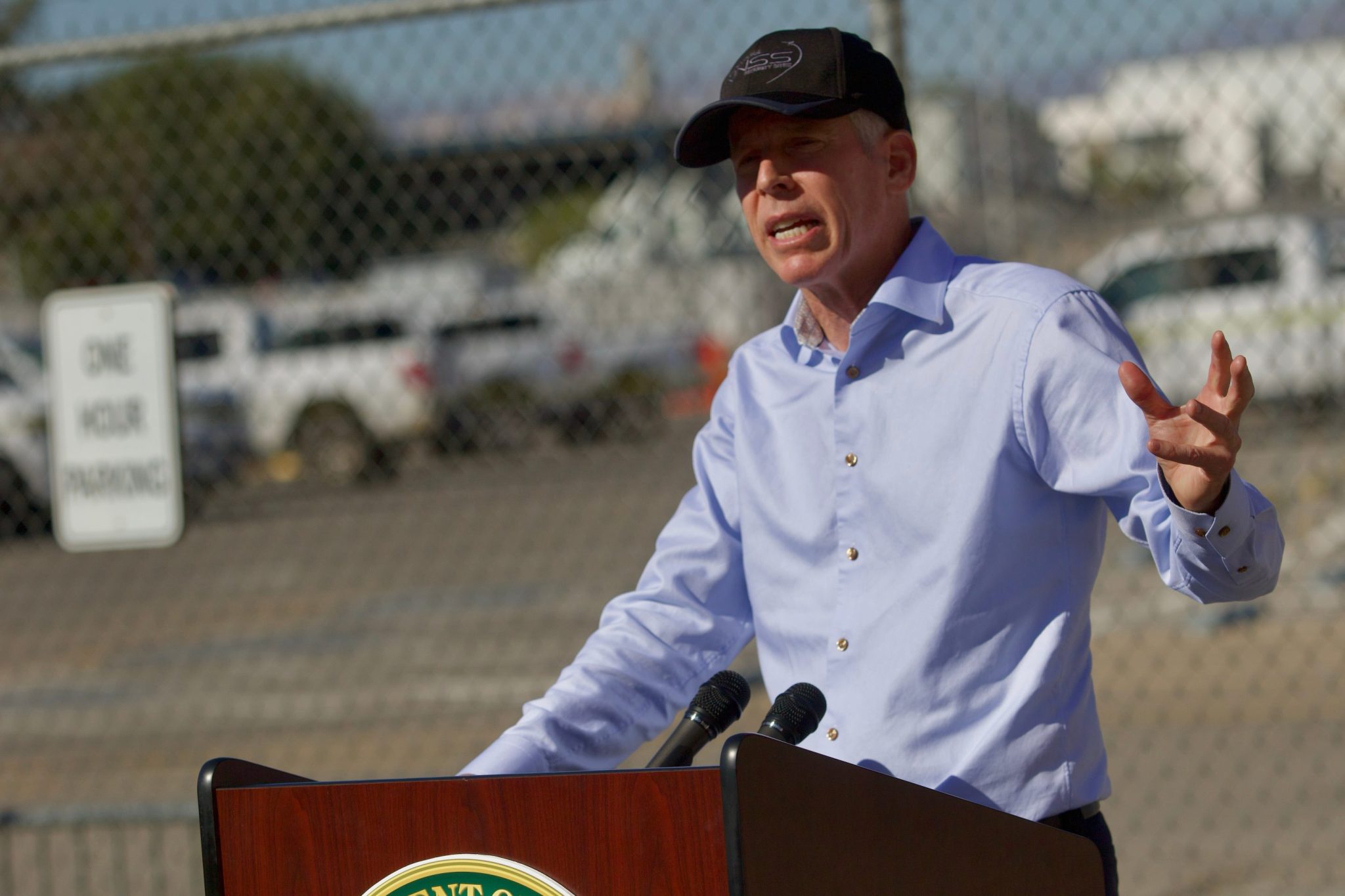Gold Drops Back Below $4,000 After China Ends Tax Incentive
NegativeFinancial Markets

Gold prices have fallen below $4,000 an ounce following China's decision to end a tax rebate for certain retailers. This move is significant as it may dampen demand in one of the world's largest markets for precious metals, potentially impacting global gold prices and investor sentiment.
— Curated by the World Pulse Now AI Editorial System












